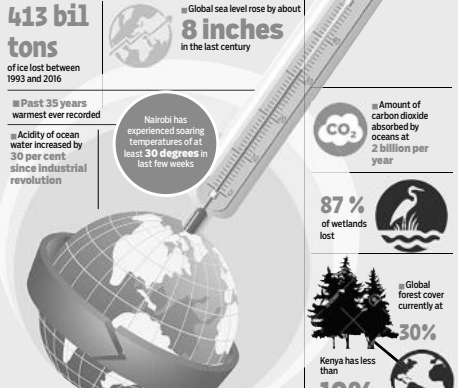×
The Standard e-Paper
Kenya’s Boldest Voice

The UN, tech giants, and policy, finance and science communities yesterday teamed up to launch major new pushes on using cutting-edge technology to create cleaner, greener and more efficient solutions to sustainable development.